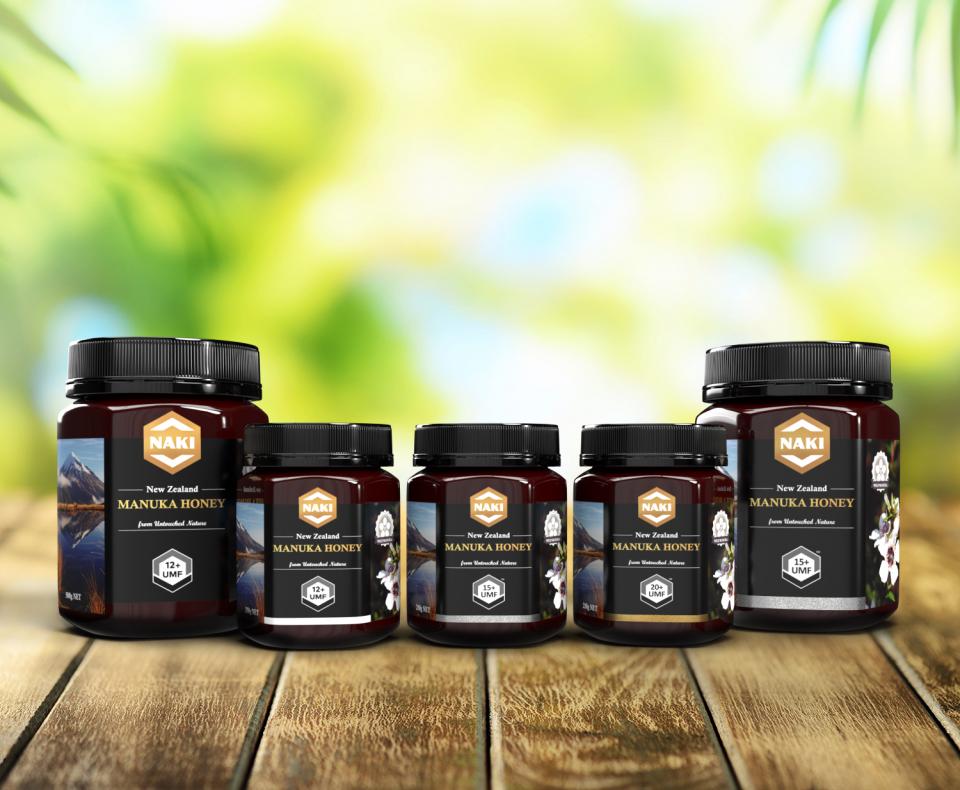Kiwi manuka honey exporters have recorded a surge in European demand as the removal of tariffs aligns with a fall in the value of the Kiwi dollar and strong harvest volumes.
The impact of removing a 17.3 percent tariff on New Zealand-sourced honey in July, under a new EU-New Zealand free trade agreement, is now translating into increasing sales volumes - according to one exporter.
At the same time, a sliding New Zealand dollar has reduced the cost of Kiwi imports by around eight percent against the Euro - compared to the same time last year.
The reduction in the wholesale cost to European importers comes at a time when inflation and the invasion of Ukraine is reducing discretionary spending and demand for luxury goods - throughout the EU. New Zealand honey sales to the EU have risen dramatically in recent years, driven by growing interest from German consumers for Kiwi manuka blends. Sales to Europe reached $60 million last year, around 12 percent of the $500m export market.
Industry experts say the 2023 season is expected to be strong with high levels of moisture recorded at the base of the Manuka trees and the predicted LA Nina weather patterns set to contribute to elevated nectar flows over the coming months. Hive numbers around the country have also fallen over the past year by 40 percent from a peak of one million, providing more choice of placement locations for Kiwi apiarists and a higher quality export product.
Derek Burchell-Burger, Naki NZ global market manager, says the response from the EU importers following the removal of import tariffs was immediate - contributing to an annual sales growth of over 15 percent. He says their premium manuka honey retails for up to $800 per kg in Europe and the pandemic has helped boost consumer interest in the wellness features of the product.
“What we know is that consumer confidence has been heavily impacted by the Ukraine war, however a kilo of manuka honey can be landed in Europe for 27 percent less than a year ago. At the same time there is growing international recognition of the benefits of manuka honey and local harvest volumes are up substantially, allowing us to increase our inventory to over 300 tonnes this season.
“The falling dollar is helping us to secure new wholesale accounts throughout the EU and offset the impact of war and inflation on spending in that market. As a result, our exports are growing at a time when luxury goods are heavily exposed to falling levels of disposable income,” he says.
Burchell-Burger says they are looking to France as the next untapped market for manuka honey. He says they have been able to increase sales to a number of European countries including Germany, The Czech Republic, and The Netherlands recently.
“While Germany is the largest EU importer of honey from non-EU countries, France is a close second with almost $1bn of the product consumed annually. We are currently in talks with a number of distribution partners in this market as we look to expand our retail presence and increase access for French consumers to manuka honey,” he says.
Burchell-Burger says their distribution model in European markets operates differently to those in Asia where they tend to use established distribution partners with local networks.
He says in countries like Germany, France, Austria, Netherlands and Sweden the product is more likely to be sold through pharmacies, supermarket and naturopathic practitioner channels - necessitating the development of relationships at retail level.
“Even prior to the pandemic we saw that European consumers had a high awareness of the medicinal aspects of manuka honey. This understanding of the product has grown noticeably over the past couple of years and consumers will ask detailed questions about the anti-viral and antibacterial methylglyoxal levels and its ability to trigger an immune response.
“As a result, Europeans are looking for the more efficacious, higher grade of honey than we would see with Chinese consumers,” he says.
Burchell-Burger says over 99 percent of their honey production is exported with a small number of retailers in Queenstown providing access to the product for international visitors.


